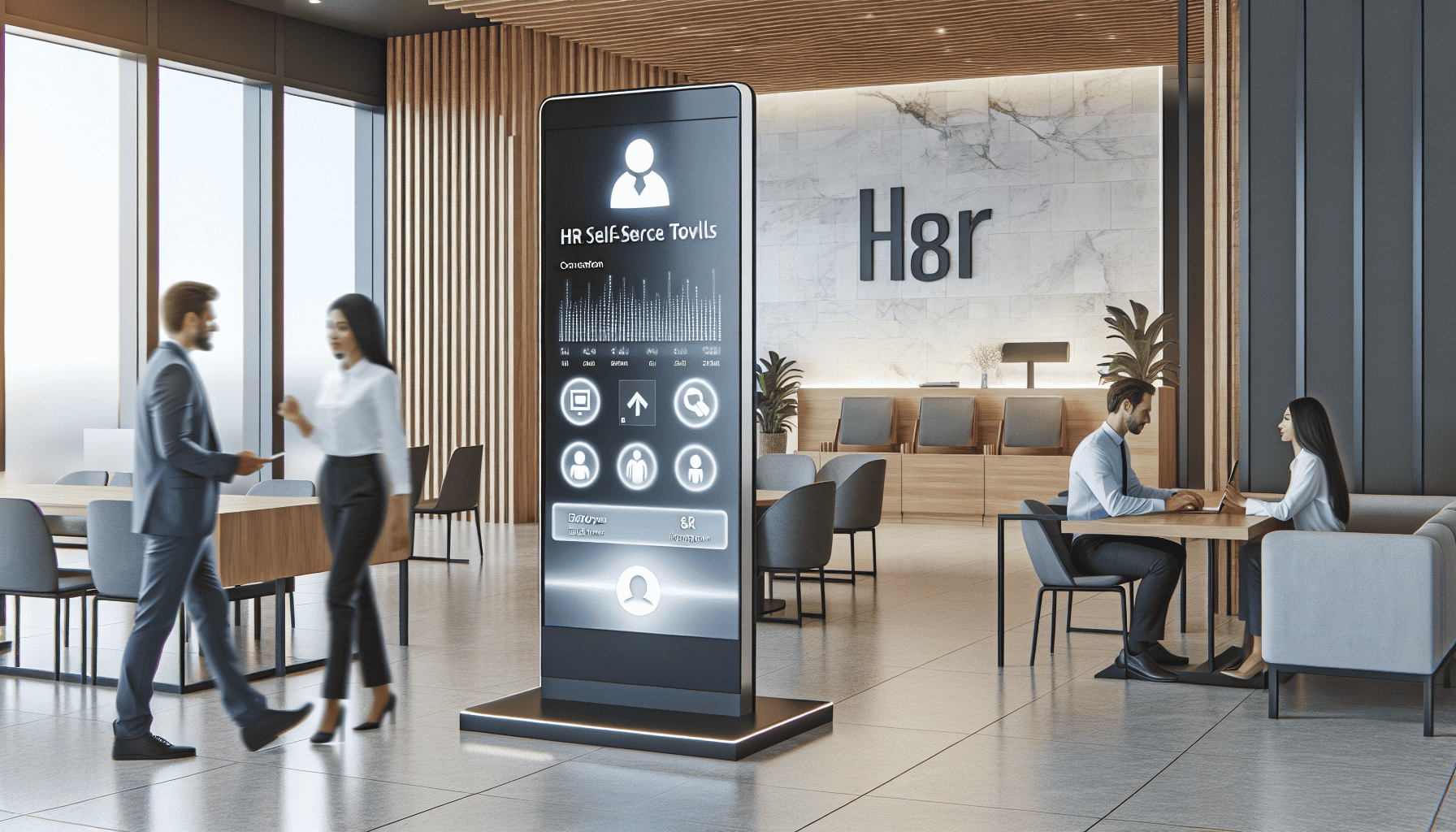In today's rapidly evolving business landscape, organizations are constantly seeking ways to streamline operations and enhance employee satisfaction. One significant advancement in this realm is the implementation of self-service Human Resources (HR) solutions. These tools empower employees by providing them with direct access to their personal information and HR-related tasks while simultaneously simplifying processes for HR departments.
At the core of self-service HR solutions is the aim to make routine HR tasks more efficient. By allowing employees to perform tasks such as updating personal information, downloading payroll statements, requesting leave, and accessing training materials on their own, employers can significantly reduce the administrative burden on HR teams. This shift not only improves the productivity of HR professionals but also leads to faster resolution of routine queries and requests.
A primary benefit of self-service solutions is the empowerment of employees. When employees have direct access to their data and HR services, they become more engaged and satisfied in their work environment. Having the autonomy to manage one's personal records and request services without the need for intermediaries fosters a sense of ownership and responsibility. It also minimizes communication barriers, as employees no longer have to wait for HR departments to process simple requests or address common questions.
Moreover, self-service HR systems are designed with user-friendly interfaces, making it easy for employees at all levels to navigate the system intuitively. This ease of use is a crucial factor in ensuring that employees can make the most of the available resources, thereby enhancing their overall experience with the organization.
From the HR perspective, these solutions offer the advantage of data centralization and accuracy. By enabling employees to enter and maintain their own information, the likelihood of data entry errors is minimized, which leads to more reliable HR analytics and reporting. HR teams can therefore focus on strategic initiatives, relying on accurate data to drive workforce planning and decision-making.
Furthermore, self-service HR solutions often come equipped with robust security measures to ensure that sensitive employee information remains protected. With controlled access and regular auditing features, these platforms help maintain confidentiality and compliance with data protection regulations.
Implementing self-service HR solutions also enables organizations to stay current with technological advancements and cater to the expectations of a digitally adept workforce. As more millennials and Gen Z individuals join the workforce, there is a growing expectation for digital tools that provide convenience and autonomy similar to what they encounter in their daily lives.
In conclusion, self-service HR solutions are an indispensable asset for modern organizations aiming to enhance operational efficiency and improve employee satisfaction. By empowering employees and simplifying HR processes, companies can foster an engaged workforce while allowing HR professionals to focus on strategic business goals. As digital transformation continues to impact the workplace, adopting self-service tools will likely become a standard practice for organizations committed to excellence and innovation.
